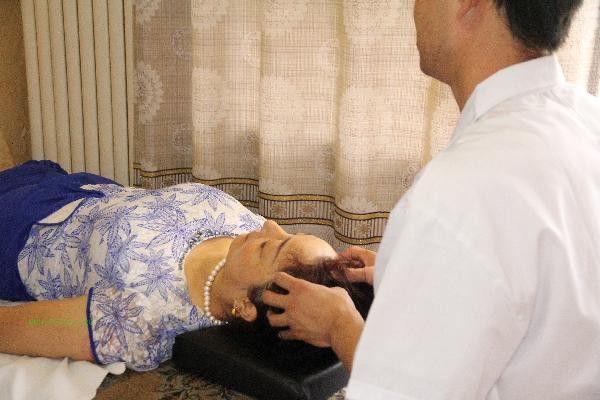Snow grass is mainly used for treating skin diseases such as eczema, skin ulcers, and traumatic infections. It can also be used to alleviate symptoms such as rheumatism, rheumatism, and bruises.

1. Eczema
Snow grass has anti-inflammatory and anti itch effects. Its extract can inhibit histamine release and reduce skin redness, swelling, and exudation. Commonly used in clinical practice is snow glycoside cream ointment for the treatment of subacute eczema, combined with loratadine tablets to alleviate itching symptoms. When using, avoid scratching the affected area and keep the skin clean and dry.
2. Skin Ulcers
Snow grass can promote fibroblast proliferation and accelerate wound healing. For diabetes foot ulcer, asiaticoside ointment and recombinant human epidermal growth factor gel can be used together. When there is purulent secretion on the ulcer surface, debridement treatment should be carried out first, and if necessary, bacterial culture should be performed to guide medication.
3. Traumatic infection
Triterpenoids in Centella asiatica have inhibitory effects on common traumatic infection strains such as Staphylococcus aureus. Superficial wounds can be treated with external application of centella asiatica powder, while deep infections require oral administration of cefaclor dispersible tablets. Seek medical attention promptly when the wound is large or accompanied by fever.

4. Rheumatoid arthritis pain
Snow grass can exert analgesic effects by inhibiting prostaglandin synthesis, and is often used in combination with Tripterygium wilfordii Hook. f. polysaccharide tablets to treat rheumatoid arthritis. When using snow grass tincture externally, avoid damaging the skin. Oral preparations are prohibited for pregnant and lactating women.
5. Falling injury
Snow grass can improve local microcirculation and eliminate soft tissue swelling. After acute sprain, cold compress can be applied followed by application of centella asiatica ointment. For severe hematoma, Yunnan Baiyao aerosol should be used in combination. It is not advisable to apply hot compress or vigorously rub the affected area within 48 hours of injury.

When using centella asiatica preparations, it is important to note that individuals with allergies should first undergo a skin test. If there is a burning sensation with topical medication, it should be immediately discontinued. Skin disease patients should wear breathable cotton clothing and avoid contact with chemical detergents. Rheumatoid patients should pay attention to keeping their joints warm and engage in moderate rehabilitation exercises. Ensure protein and vitamin C intake during trauma recovery to promote tissue repair. All medications must be taken under the guidance of a physician, and the dosage cannot be increased or decreased by oneself.







Comments (0)
Leave a Comment
No comments yet
Be the first to share your thoughts!